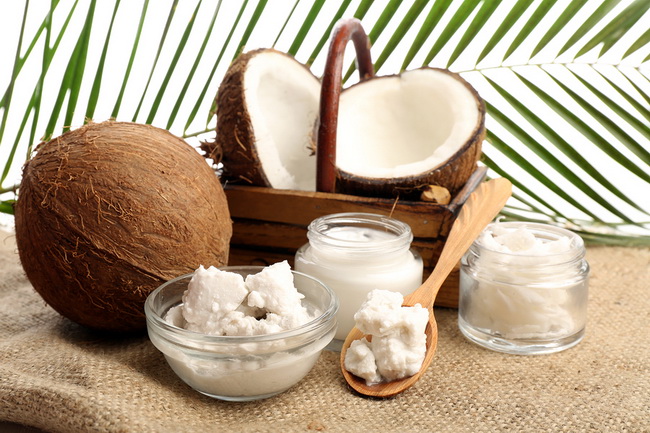- Make It Yourself Lavender Heart-Shaped Bath Bombs!
- 20 Things You Never Knew About “Down There”
- 12 Best Foods For Those Suffering From Arthritis Pain
- 12 Personal Hygiene Mistakes Almost Everyone Makes (Mom Never Told You About #4!)
- 15 Medicinal Plants And Herbs From The Cherokee People
- 12 Mind-Blowing Benefits Of Drinking Coconut Water During Pregnancy
- 12 Outstanding Winter Foods That Won’t Fatten You Up Like A Christmas Turkey
12 Natural Ways To Stop Restless Leg Syndrome (You Won’t Believe #5!)

Photo credit: bigstock.com
10. Tonic Water
This carbonated type of water naturally contains quinine. Quinine helps to settle the nervous system and often provides much needed relief from the symptoms of RLS. Tonic water acts as a muscle relaxant and improves circulation in the legs. Of course, large doses of quinine can have serious, negative health effects, so you don’t want to consume too much, but most tonic waters have 20 mg of quinine or less per an 8 ounce serving, so you should be perfectly safe drinking small amounts. Try just ¼ cup of tonic water each evening about an hour before bedtime. Sip on it slowly so your body has ample time to absorb the quinine. If this does not provide relief, try ½ cup each night. Never consume more than eight ounces (one cup) of tonic water without speaking to your doctor first.
11. Coconut Oil
For many people, coconut oil has been reported as being an effective treatment for RLS. This is most likely because it improves overall blood circulation, which can help to relax the nerves and muscles. To use coconut oil, slightly warm (don’t let it get too hot!) about two tablespoon of coconut oil and then massage it into your legs each night for about five minutes before bed. If you like, you can also add a few drops of chamomile or lavender oil to the coconut oil for extra calming power.
SEE ALSO: Make Your Own Leg and Foot Anti-Cramp Salve
12. Camphor
Camphor has long been used to improve circulation and relieve inflammation. It can also help those with restless leg syndrome as it contains antispasmodic compounds. Use camphor oil as a massage oil, and rub it into your legs each night before bed. You might feel a tingly sensation, but this is normal, and it will go away in a few minutes. Repeat each night before bed for best results.
Keep in mind that stress plays a role in agitating RLS symptoms. Find ways to limit the amount of stress in your life as well as learning things, such as deep breathing techniques, that can help you learn to manage the stress you cannot remove from your life.
References:
































